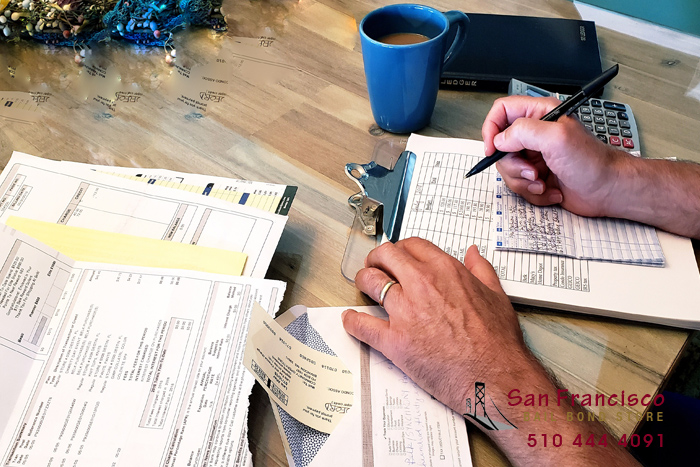What is Disorderly Conduct in California
Disorderly conduct in California isn’t really one specific charge. It’s a blanket term that covers a surprisingly large array and variety of charges. Charges that… Read More »What is Disorderly Conduct in California





